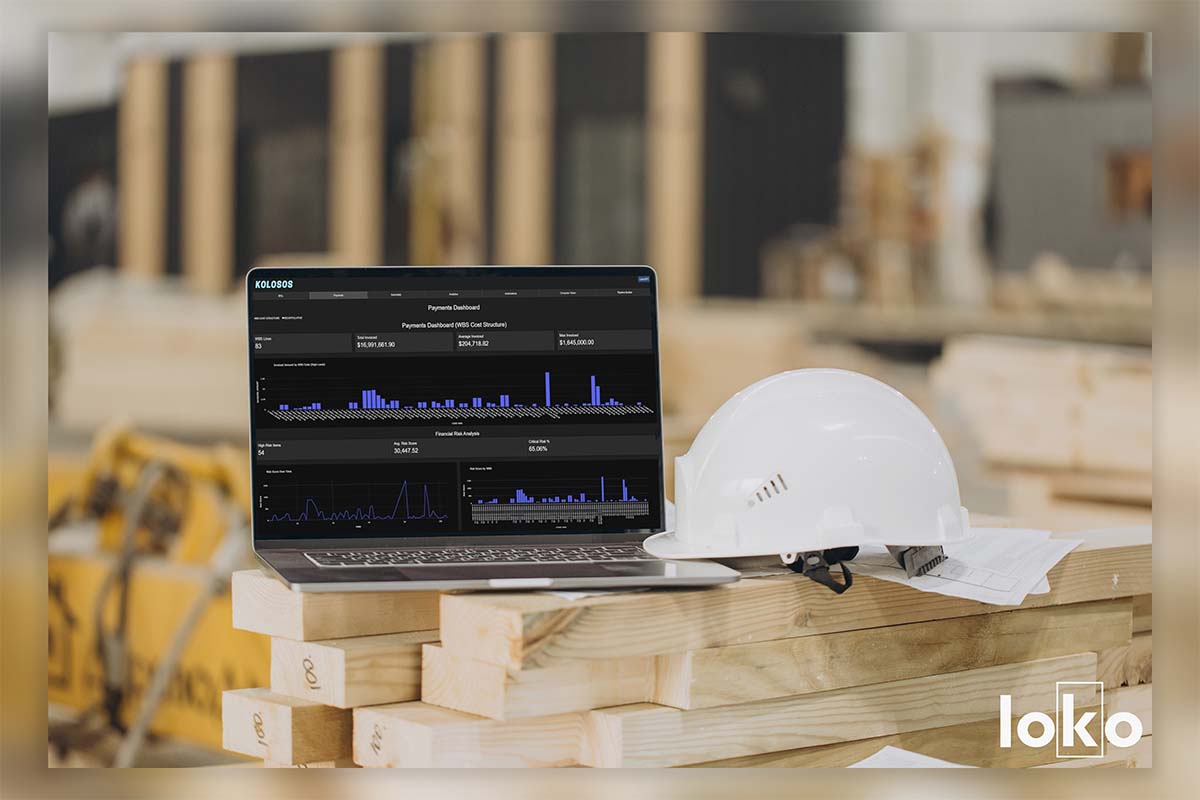
Predictive analytics help businesses anticipate operational challenges by analyzing historical data patterns. This method enables proactive management rather than reactive adjustments. For example, construction companies routinely experience project delays due to unexpected issues like weather or supply‑chain disruptions. Predictive tools allow managers to forecast these scenarios accurately.
A recent 2024 McKinsey report found that projects employing AI‑driven forecasting reduced delays by 17% compared to those without predictive tools. Bechtel notably reduced delays by 15% in its mega‑infrastructure projects by leveraging predictive analytics in planning phases.
Similarly, logistics operations benefit greatly. DHL’s 2023 study demonstrated that using predictive analytics improved inventory accuracy by 22%, significantly cutting storage costs. Real‑time forecasting models predicted customer‑demand peaks accurately, preventing both stockouts and overstocking.
In the energy sector, predictive analytics are invaluable for maintaining equipment uptime. According to Duke Energy’s 2024 sustainability report, predictive maintenance reduced unexpected outages by nearly 25%, resulting in substantial operational savings.
Major engineering‑procurement‑construction (EPC) firm Bechtel faced a 2‑month slip risk on one of its Mississippi‑River cable‑stayed bridges, chiefly due to seasonal flooding and steel‑fabrication bottlenecks.
Using its in‑house predictive‑analytics platform, the project team fed historical flood data, supplier lead‑times, and Primavera schedules into a machine‑learning model. The system flagged cable‑deck fabrication as the critical path and auto‑generated an alternate sequence that pulled concrete pours forward ahead of peak water levels.
Outcome: Bechtel’s 2023 Impact Report states that predictive re‑sequencing trimmed overall delay by 15%, cut overtime costs, and helped the bridge reach substantial completion within contractual liquidated‑damages thresholds.¹
¹ Source: Bechtel Corporation, “Impact Report 2023,” page 18.
Caterpillar adopted predictive analytics in 2023 to anticipate heavy‑equipment maintenance issues. This reduced unscheduled downtime by approximately 30%, translating to millions in cost savings and improved on‑site productivity.
Loko AI uniquely enhances predictive analytics through native integration with IP cameras, Procore and Primavera scheduling systems. Unlike competitors requiring complex, custom ETL processes, Loko AI provides rapid, seamless integration, instantly improving forecasting accuracy.